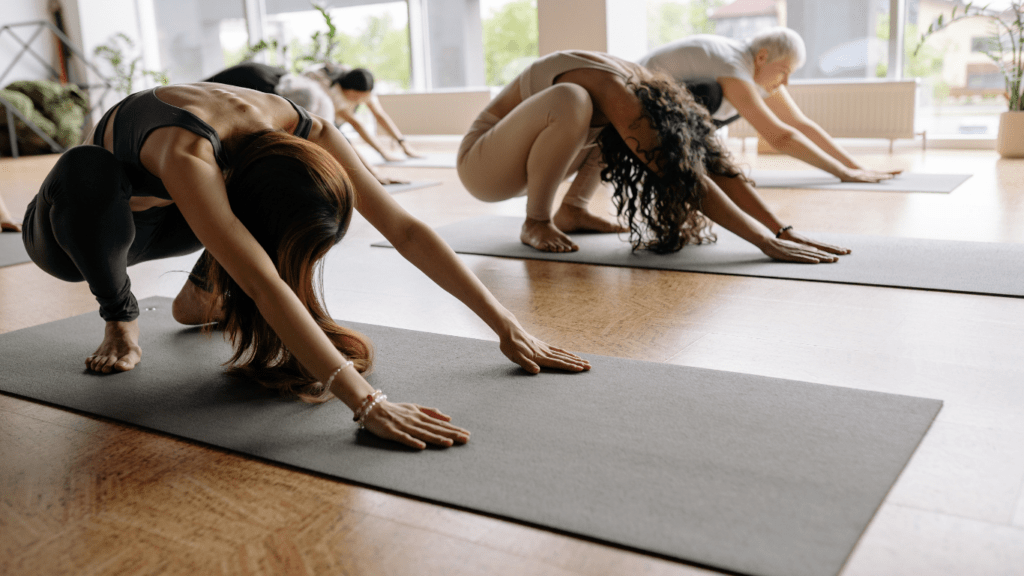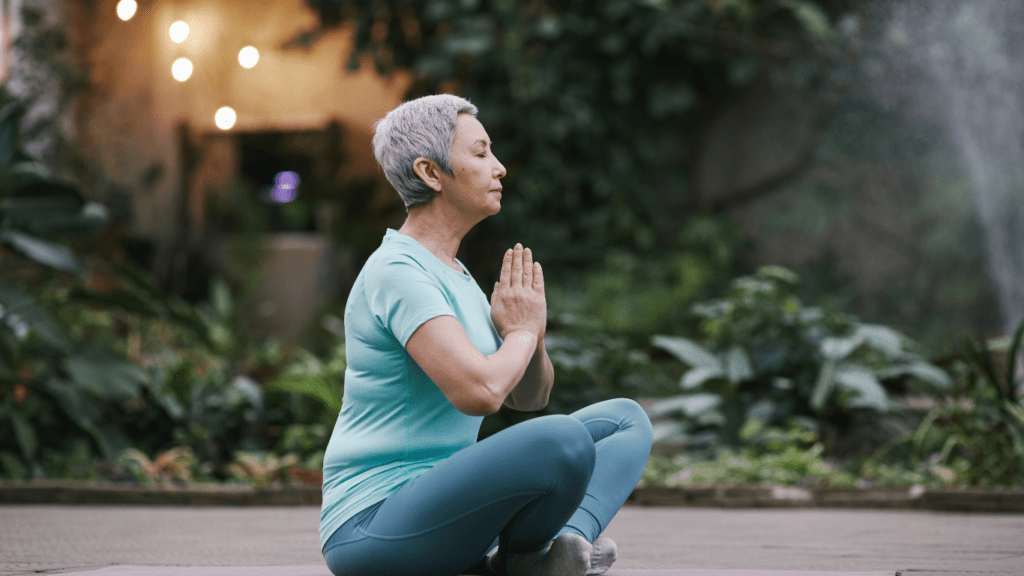In today’s fast-paced world, cultivating emotional resilience is essential for maintaining well-being and navigating life’s challenges. Through the practice of mindfulness, I’ve discovered a powerful tool that can help us build inner strength and cope with stress more effectively.
By honing our awareness of the present moment without judgment, we can enhance our emotional resilience and bounce back from adversity with greater ease. In this article, I’ll share practical tips on how to incorporate mindfulness into your daily routine to boost emotional resilience.
From simple breathing exercises to mindful meditation techniques, I’ll guide you through actionable steps that can empower you to manage your emotions and respond to difficult situations with clarity and composure. Join me on this journey to harness the transformative power of mindfulness and cultivate a resilient mindset for a more balanced and fulfilling life.
Exploring the Role of Mindfulness
I’ll delve into the significant role that mindfulness plays in enhancing emotional resilience, providing insight into how this practice can fortify our mental and emotional well-being.
Understanding Emotional Resilience
Emotional resilience refers to the ability to adapt to and bounce back from adversity, trauma, or stress. It’s about facing life’s challenges with courage, flexibility, and a positive outlook. Enhancing emotional resilience allows me to navigate difficult situations without being overwhelmed, fostering a sense of inner strength and well-being.
What Is Emotional Resilience?
Emotional resilience is the capacity to cope with setbacks, regulate emotions effectively, and maintain a hopeful attitude towards life. It’s the skill of bouncing back from difficult experiences and using them as opportunities for growth.
Building emotional resilience empowers me to face challenges head-on and persevere in the face of adversity.
Techniques to Cultivate Mindfulness
Incorporating mindfulness techniques into your daily routine can significantly boost your emotional resilience. Here are some practical strategies to help you cultivate mindfulness effectively:
- Practicing Mindful Breathing: Engage in mindful breathing exercises by focusing on your breath. Sit comfortably, close your eyes, and take deep, slow breaths. Notice the sensation of the air entering and leaving your nostrils. This practice can help calm your mind and increase your awareness of the present moment.
- Mindful Meditation: Allocate a few minutes each day to practice mindful meditation. Find a quiet space, sit or lie down comfortably, and focus on your breath or a specific mantra. Allow thoughts to come and go without judgment. Regular meditation can enhance your ability to stay centered during challenging situations.
- Body Scan Technique: Conduct a body scan to bring awareness to different parts of your body. Lie down and slowly focus on each body part, starting from your toes up to your head. Notice any tension or sensations without trying to change them. This technique can promote relaxation and body awareness.
- Mindful Walking: Practice mindfulness while walking by paying attention to each step you take. Feel the ground beneath your feet, the movement of your body, and the surrounding environment. Walking mindfully can help you stay grounded and connected to the present moment.
- Mindful Eating: Savor your meals by practicing mindful eating. Pay attention to the taste, texture, and aroma of the food. Chew slowly and be fully present during each bite. Mindful eating can enhance your relationship with food and promote healthy eating habits.
By incorporating these mindfulness techniques into your daily life, you can strengthen your emotional resilience and navigate challenges with increased clarity and composure. Start small and gradually build a consistent mindfulness practice to reap the benefits of improved emotional well-being.
Integrating Mindfulness Practices for Emotional Resilience
Building emotional resilience through mindfulness practices is a transformative journey that I’ve found immensely beneficial in my own life. Integrating mindfulness techniques into daily routines can significantly enhance our ability to navigate life’s challenges with grace and composure.
Here are practical ways to incorporate mindfulness practices for boosting emotional resilience:
- Mindful Breathing: Start by focusing on your breath to bring awareness to the present moment. Take slow, deep breaths, feeling the air entering and leaving your lungs. This simple practice can help calm the mind and regulate emotions in times of stress or uncertainty.
- Mindful Meditation: Dedicate a few minutes each day to mindful meditation. Find a quiet space, sit comfortably, and focus on your breath or a calming mantra. This practice cultivates a sense of inner peace and clarity, which can be invaluable in promoting emotional resilience.
- Body Scan Technique: Practice the body scan technique to promote relaxation and body awareness. Start from your toes and gradually move your attention up through your body, noticing any areas of tension or discomfort. This practice can enhance your ability to recognize and release physical and emotional stress.
- Mindful Walking: Take mindful walks to stay grounded in the present moment. Focus on each step you take, the sensation of your feet touching the ground, and the sights and sounds around you. Walking mindfully can help reduce anxiety, improve mood, and enhance overall well-being.
- Mindful Eating: Transform your relationship with food through mindful eating. Pay attention to the colors, textures, and flavors of your food. Chew slowly and savor each bite, fully engaging your senses. This practice not only promotes healthy eating habits but also fosters a deeper connection with your body and mindful consumption.
By incorporating these mindfulness practices into your daily life, you can cultivate emotional resilience, strengthen your mental well-being, and approach challenges with a renewed sense of clarity and purpose. Remember, consistency is key in building emotional resilience through mindfulness, so strive to make these practices a regular part of your routine.



 Founder
Damond Boucherley is the visionary founder of Aura Nature Spark, dedicated to promoting well-being through holistic practices. With a passion for nutrition, exercise, and mindfulness, Damond brings years of experience in health and wellness to the forefront of the organization. He believes in the transformative power of nature and is committed to providing valuable insights and resources that inspire individuals to live their best lives. Under his leadership, Aura Nature Spark continues to grow as a trusted source for health enthusiasts seeking balance and vitality.
Founder
Damond Boucherley is the visionary founder of Aura Nature Spark, dedicated to promoting well-being through holistic practices. With a passion for nutrition, exercise, and mindfulness, Damond brings years of experience in health and wellness to the forefront of the organization. He believes in the transformative power of nature and is committed to providing valuable insights and resources that inspire individuals to live their best lives. Under his leadership, Aura Nature Spark continues to grow as a trusted source for health enthusiasts seeking balance and vitality.
